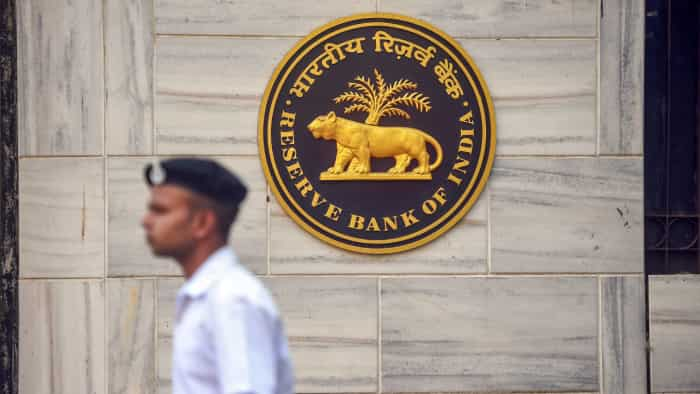World Bank says recoveries in Asian economies losing steam
Demand for exports from the region has slowed as the Federal Reserve and other central banks have targeted inflation by hiking interest rates, making it more costly to buy on credit or get mortgages.

Developing economies in Asia have mostly regained ground lost during the pandemic but are seeing their recoveries stall as productivity lags, the World Bank said in a report released on Friday. The report forecasts that growth in the region including China will pick up pace this year after the world's No. 2 economy relaxed pandemic restrictions on travel and other activities.
But recoveries elsewhere in the region, excluding China, will moderate as pressures of inflation and growing household debt slow consumer spending, it said. Across the Asia-Pacific, economies are expected to grow at a 5.1 per cent annual pace this year, up from 3.5 per cent in 2022, the report said.
But not including China, growth is expected to slip to 4.9 per cent in 2023 after a rebound from the worst of the pandemic of 5.8 per cent in 2022, it said. Major Asian economies like Indonesia, Philippines, Thailand and Vietnam will see their recoveries slow and meanwhile face risks from weakening global growth, spillover from the war in Ukraine and climate change disasters.
Demand for exports from the region has slowed as the Federal Reserve and other central banks have targeted inflation by hiking interest rates, making it more costly to buy on credit or get mortgages. Meanwhile, China's economy has slowed significantly in the longer term, even as it bounces back from the disruptions caused by the pandemic.
Friction between the US and China over trade and technology are "the most immediate challenge" for the region, the report said.
Sanctions and other restrictions imposed by each side have to a certain extent diverted trade to other countries.
While China lost market share in exports to the US in recent years, countries like Vietnam, Thailand and Indonesia have gained share. But geopolitics can disrupt trade and limit sharing of knowhow while also preventing other countries from attaining the scale of operations to serve global markets, the report said.
Private economists have also cut their forecasts for growth in the region this year, citing the possibility that the tighter monetary policies may bring on recessions in the US or other major economies.
Many countries in the region are grappling with onerous debt loads after spending heavily during the pandemic, while households also borrowed heavily.
"Once pent-up demand from post-lockdown fades, we think that Asian economies will settle at lower GDP growth and higher inflation than our pre-pandemic forecasts," Sung Eun Jung of Oxford Economics said in a report.
The region has made huge strides in alleviating poverty but progress toward higher incomes and reducing inequality has stalled due to a slowing of reforms and productivity gains, the World Bank report said.
But countries need to address longstanding needs for reform such as investing more in education and public health to improve productivity and spur sustainable growth. "Most major economies of East Asia and the Pacific have come through the difficulties of the pandemic but must now navigate a changed global landscape," World Bank East Asia and Pacific Vice President Manuela V. Ferro said in a statement.
"To regain momentum, there is work left to do to boost innovation, productivity, and to set the foundations for a greener recovery.
Get Latest Business News, Stock Market Updates and Videos; Check your tax outgo through Income Tax Calculator and save money through our Personal Finance coverage. Check Business Breaking News Live on Zee Business Twitter and Facebook. Subscribe on YouTube.
RECOMMENDED STORIES

RBI Rule: New system for online money transfers to be implemented from April 1, 2025; here's all you need to know

Katra-Srinagar Vande Bharat Train: Northern Railway announces train timings; check fare, route and other key details
03:59 PM IST










 Punjab Chief Minister Bhagwant Mann seeks support from World Bank on fiscal prudence
Punjab Chief Minister Bhagwant Mann seeks support from World Bank on fiscal prudence SBI named Best Bank in India for 2024 by Global Finance Magazine
SBI named Best Bank in India for 2024 by Global Finance Magazine  Uzbekistan's economy grows by 6.6% in past 9 months
Uzbekistan's economy grows by 6.6% in past 9 months Nirmala Sitharaman to visit Mexico and US from October 17 to October 26
Nirmala Sitharaman to visit Mexico and US from October 17 to October 26  World Bank expects 5.1% growth for Nepal
World Bank expects 5.1% growth for Nepal